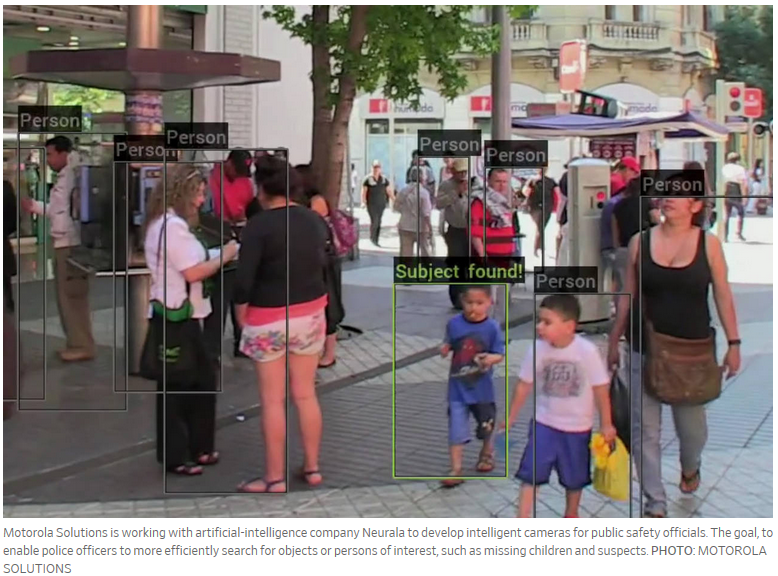This time it’s via rank sexism. Lots of women, lots more than in past campaigns, are running for office, and they’re doing it on the basis of their gender as much as, or more than, their policies.
Erin Collier, a 34-year-old economist, made a late entry into the crowded race [primary, to determine the Progressive-Democrat candidate who will run against Congressman John Faso (R, NY)] in March with an announcement video that ended: “I’m not going to let those boys beat me.”
Not because her policies are better for the district than those of her competitors.
Nor is it limited to Progressive-Democrats.
Congresswoman Martha McSally, a Senate candidate in Arizona…former fighter pilot, denounces “BS” and tells national GOP leaders to “grow a pair of ovaries” in her introductory campaign video.
Kelly Dittmar, Scholar at the Center for American Women and Politics at Rutgers University’s Eagleton Institute of Politics:
Women are more willingly and successfully using gender as an electoral asset instead of seeing it as a hurdle they have to overcome. It’s going to be important for these women not to present messages that could be perceived as marginalizing men.
Dittmar’s condescension is itself sexist. We men aren’t the precious snowflakes she assumes; we don’t feel marginalized by the sexist identity politics of these candidates. We’re just irritated by the dishonesty of this extension of ex-President Barack Obama’s (D) identity politics.
And that’s the larger point. Running on their gender—rather than running as an American candidate and doing so on the basis of policy—is sexist bigotry no matter the claimed motive or the cuteness of their framing of the matter.

